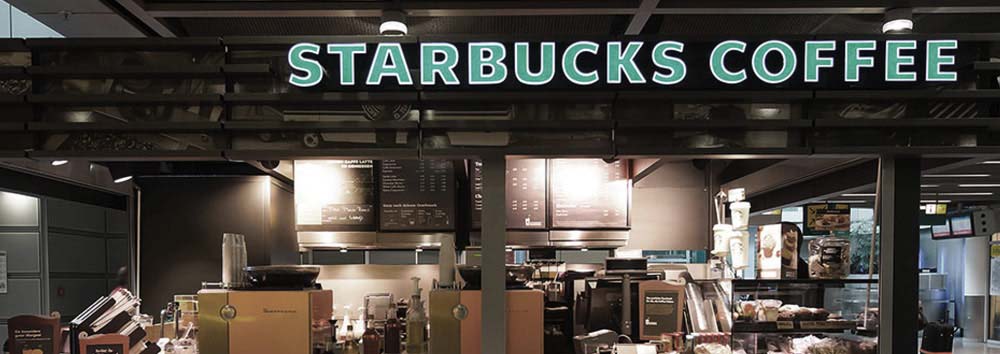Do you have a daily destination – a place you visit, like a local restaurant such as Tim Horton’s, Starbuck’s, etc.?
I do. But for me, it’s not about coffee. In fact, I’m not particularly fond of coffee. So why do I make Starbucks a daily routine? It’s their exemplary client service. More than service, it is the Starbucks experience. It’s the friendly familiarity and warm welcome that makes my day.
I started going to a specific Starbucks about 7 years ago, more for a place to do some reading or a little work. The real thing that intrigued me was how they personalized the customers’ experience as soon as you walk through the door. “Hi Mike.” – A friendly, familiar personal greeting. Every time.
Within just a few weeks, my drink was branded ‘Mike’s Misto’. Every time I walked in, all I had to do was order a ‘Mike’s Misto’ and it was customized exactly as I like it (I’m not a big coffee drinker, so it’s virtually 1 inch (old school) coffee and the rest is steamed milk, with chocolate, cinnamon, and vanilla powder).
That personalized knowledge (without my input) has been transferred through 6 generations of employees at that Starbucks location. Recently, an associate of mine spoke with the manager to “test” their knowledge and client service. This manager had only been at that store for 3 months, but knew exactly what a ‘Mike’s Misto’ was and detailed the ingredients as if he had just made one a minute ago.
Brad Rencher, Senior Vice President and GM of Digital Marketing at Adobe, recently delivered a key note speech at an Adobe Summit focused on ‘Experience is the Brand’ Two key statements stood out:
- “Whether you are a retailer, a bank, a media company or a software company, your customer experience is now the brand of your organization.”
- “Consistent and continuous experience is important. When consumers interact with your brand, they don’t want to be treated like it’s their first time, every time. ”
Howard Behar, a senior executive at Starbucks for many years, helped establish the Starbucks culture with this ideal:
“If you think of your customers and communities as ‘the people you serve (not sources of revenue), you’ll make a deep connection with them, and they’ll come back over and over.”
The ‘baristas’ at Starbucks make you feel valued as a person, not as an intrusion or transaction. They don’t directly ask, but they get a sense if I’m in a hurry or not. They either give me my drink quickly or engage me in conversation. Another trained behaviour to enhance and personalize the customer experience.
I think any business that interacts with people can learn something from Starbucks. Services and products may be unique to each specific business, but client service is universal. It doesn’t matter whether you’re selling Starbucks coffee, or whether you’re providing wealth planning advice – you need to focus on building a personal relationship to create a human connection by:
- Respecting them as people
- Making them feel valued
- Being sensitive and perceptive
- Genuinely caring about them
- Being authentic
When client service starts to suffer, it’s usually because businesses stop putting themselves in the clients’ shoes. They lose that client perspective.
Starbucks philosophy, cheerfully expounded with a smile by more than one local manager, is that they are “In the people business serving coffee. Not in the coffee business serving people”.
Think about the difference that attitude makes in hiring the right people, in interacting with a client, in having a conversation with a family member, friend or colleague.
Personally, I believe that whatever a client would expect, I want our team to go way beyond. It’s our definition of world class service. As a team, we are deeply committed and passionate about delivering on that belief.
So ask yourself:
- Do people look forward to talking with me?
- Do I remember personal information about them?
- Do I help ‘make their day’?
Most importantly, ask yourself, “Am I in a people business?”
If so, does your business act like it’s in the people business? Every time?




